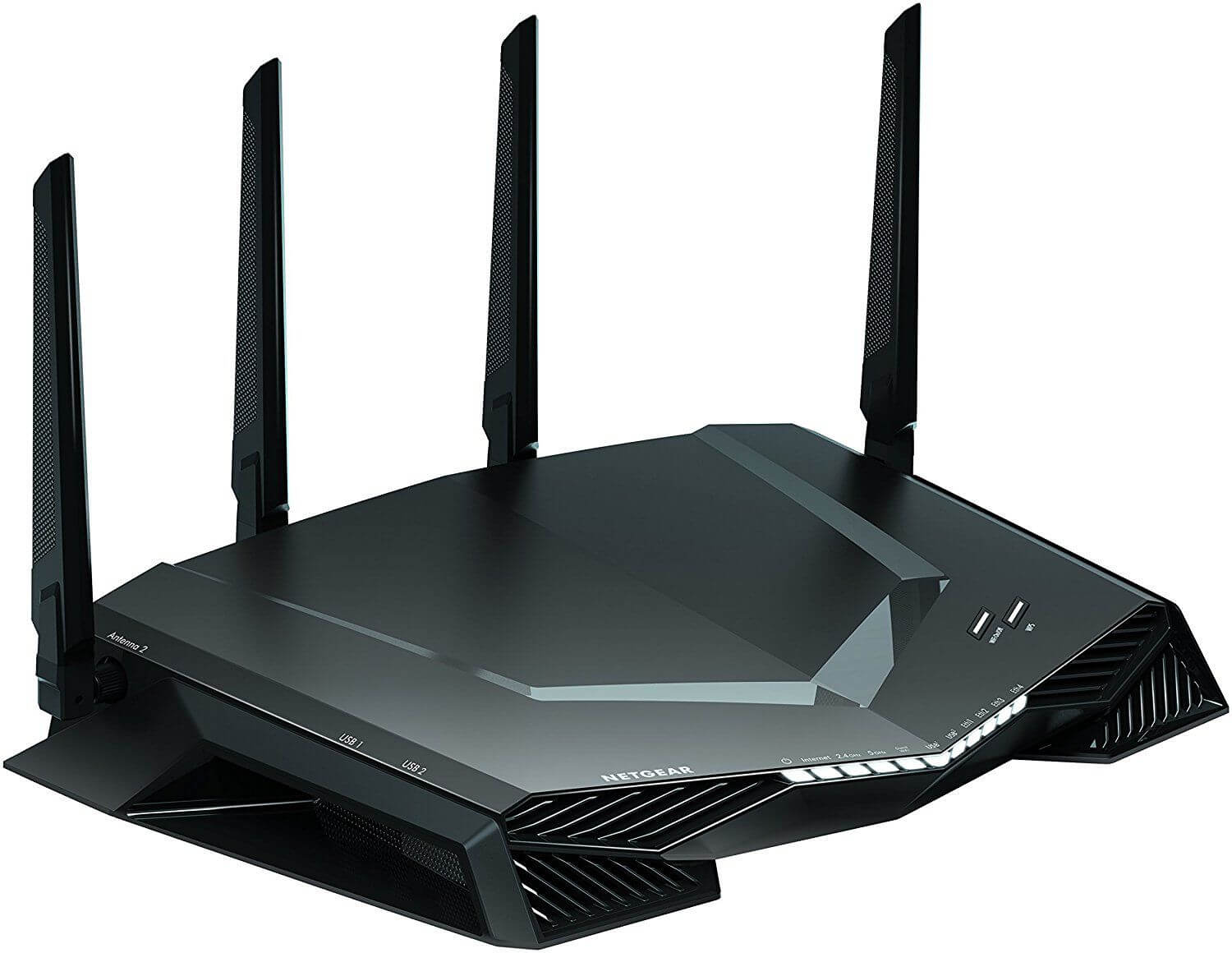Have you heard about routers? These small but powerful devices act as a gateway that passes data between one or more local area networks. Routers can do a lot of things for you, such as providing wireless access to a network, determining the best path packets to travel across networks, and protecting your local network from unauthorized access and attacks.
If you connect everyday devices like smartphones, computers, or TVs to your local Wi-Fi network it is very likely that you have a router providing that wireless connectivity. For convenience, some Internet Service Providers combine modem and router in the same device, so you probably have one at home without even noticing it.
Based on your needs, you can choose between the different types of routers available in the market:
- 1.Home Routers: These can be used in residences to connect local home networks to the internet.
- 2.Core Routers: Service providers use these routers to connect large networks.
- 3.Software-based routers: These non-physical routers can provide the same functionalities as traditional hardware equipment.
Understanding that routers are essential components in both residential and business environments can help you manage your networks better, ensuring all devices stay connected and secure.

